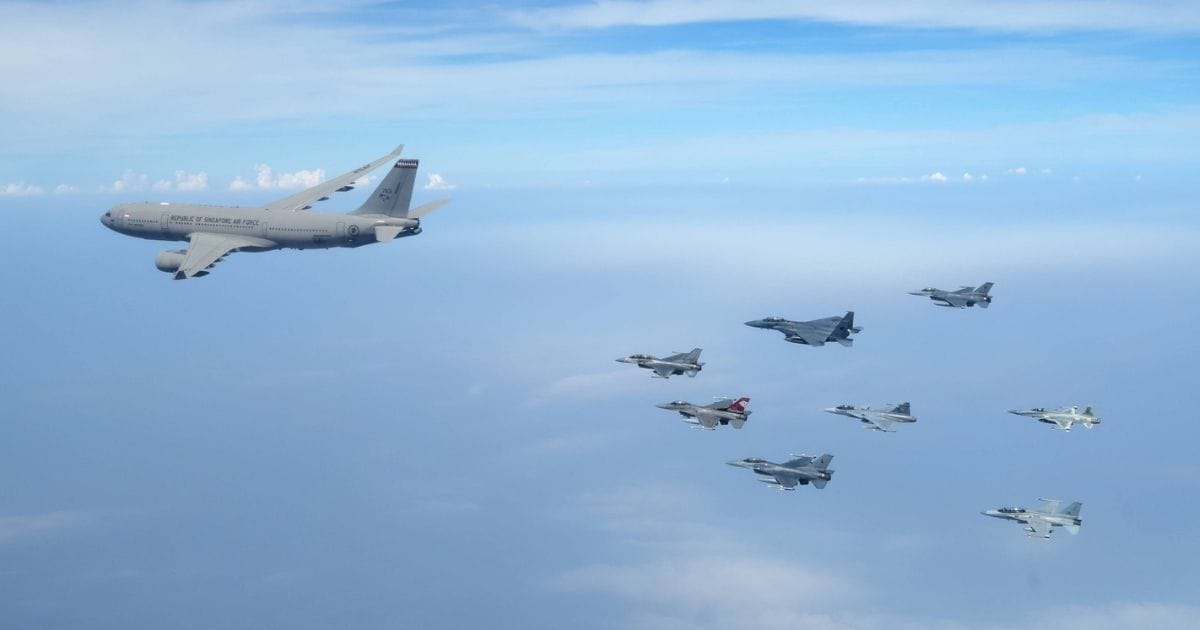U.S. Considers Bombing Iran’s Nuclear Sites

Summary
Seymour Hersh reports that U.S. and Israeli officials are preparing for heavy American bombing in Iran, potentially starting as early as this weekend. A U.S. official told him the situation would remain “under control” if Iran’s Supreme Leader Khamenei were to “depart,” though how that would happen remains unclear.
White House Press Secretary Karoline Leavitt claims Iran already has everything it needs to build a nuclear weapon. All that’s missing is a decision from its supreme leader, and production would take just weeks. pic.twitter.com/7uvnE40nHn
— Swift Ratel (@RatelSwift) June 19, 2025
Hersh underscores the lack of serious planning around removing a deeply revered leader and highlights the broader stakes, including global reactions—especially from Russia—as the U.S., fully backing Israel, aims to eliminate Iran’s nuclear capability and possibly trigger regime change.
White House Press Secretary: "The president is unafraid... The entire world should know that the United States military is the strongest and most lethal fighting force in the world, and we have capabilities that no other country on this planet possesses." pic.twitter.com/Bij5Z5eepY
— Swift Ratel (@RatelSwift) June 19, 2025
Source: Seymour Hersh
Ethno-Geopolitical Perspective
- How are Western and regional media framing the crisis in ethno-geopolitical terms, and what narratives are emerging among different ethnic communities within and outside Iran?
- In the event of large-scale conflict or regime collapse, how might Iran’s ethnic minorities and their diasporas influence or be affected by refugee flows and international responses?
- How might Russia, as an ally of Iran with its own complex ethnic landscape, react to a U.S.-Israeli campaign aimed at regime change, and what ethno-political factors could influence its stance?
